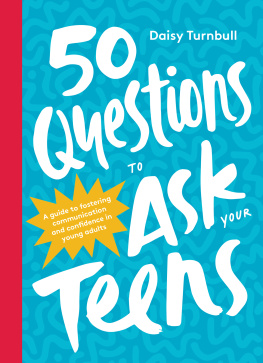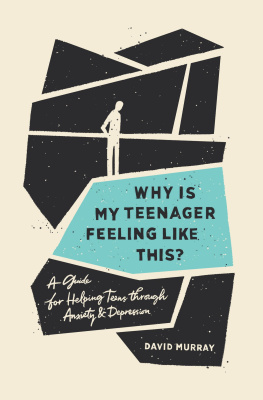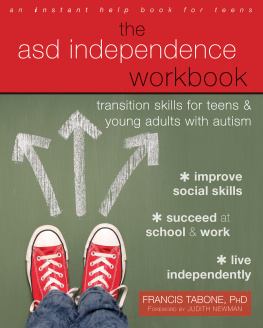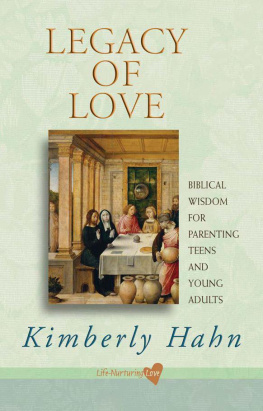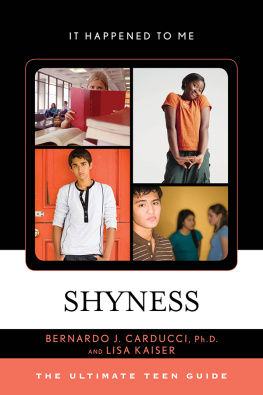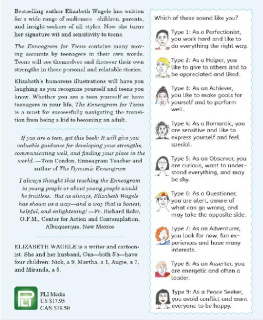Elizabeth A. Laugeson - The Science of Making Friends: Helping Socially Challenged Teens and Young Adults
Here you can read online Elizabeth A. Laugeson - The Science of Making Friends: Helping Socially Challenged Teens and Young Adults full text of the book (entire story) in english for free. Download pdf and epub, get meaning, cover and reviews about this ebook. year: 2013, publisher: Wiley, genre: Children. Description of the work, (preface) as well as reviews are available. Best literature library LitArk.com created for fans of good reading and offers a wide selection of genres:
Romance novel
Science fiction
Adventure
Detective
Science
History
Home and family
Prose
Art
Politics
Computer
Non-fiction
Religion
Business
Children
Humor
Choose a favorite category and find really read worthwhile books. Enjoy immersion in the world of imagination, feel the emotions of the characters or learn something new for yourself, make an fascinating discovery.

- Book:The Science of Making Friends: Helping Socially Challenged Teens and Young Adults
- Author:
- Publisher:Wiley
- Genre:
- Year:2013
- Rating:5 / 5
- Favourites:Add to favourites
- Your mark:
- 100
- 1
- 2
- 3
- 4
- 5
The Science of Making Friends: Helping Socially Challenged Teens and Young Adults: summary, description and annotation
We offer to read an annotation, description, summary or preface (depends on what the author of the book "The Science of Making Friends: Helping Socially Challenged Teens and Young Adults" wrote himself). If you haven't found the necessary information about the book — write in the comments, we will try to find it.
The Science of Making Friends: Helping Socially Challenged Teens and Young Adults — read online for free the complete book (whole text) full work
Below is the text of the book, divided by pages. System saving the place of the last page read, allows you to conveniently read the book "The Science of Making Friends: Helping Socially Challenged Teens and Young Adults" online for free, without having to search again every time where you left off. Put a bookmark, and you can go to the page where you finished reading at any time.
Font size:
Interval:
Bookmark:

Cover design by JPuda
Cover image: Laurence Mouton/Getty
Copyright 2013 by John Wiley & Sons, Inc. All rights reserved.
Published by Jossey-Bass
A Wiley Brand
One Montgomery Street, Suite 1200, San Francisco, CA 94104-4594 www.josseybass.com
No part of this publication may be reproduced, stored in a retrieval system, or transmitted in any form or by any means, electronic, mechanical, photocopying, recording, scanning, or otherwise, except as permitted under Section 107 or 108 of the 1976 United States Copyright Act, without either the prior written permission of the publisher, or authorization through payment of the appropriate per-copy fee to the Copyright Clearance Center, Inc., 222 Rosewood Drive, Danvers, MA 01923, 978-750-8400, fax 978-646-8600, or on the Web at www.copyright.com . Requests to the publisher for permission should be addressed to the Permissions Department, John Wiley & Sons, Inc., 111 River Street, Hoboken, NJ 07030, 201-748-6011, fax 201-748-6008, or online at www.wiley.com/go/permissions .
Limit of Liability/Disclaimer of Warranty: While the publisher and author have used their best efforts in preparing this book, they make no representations or warranties with respect to the accuracy or completeness of the contents of this book and specifically disclaim any implied warranties of merchantability or fitness for a particular purpose. No warranty may be created or extended by sales representatives or written sales materials. The advice and strategies contained herein may not be suitable for your situation. You should consult with a professional where appropriate. Neither the publisher nor author shall be liable for any loss of profit or any other commercial damages, including but not limited to special, incidental, consequential, or other damages. Readers should be aware that Internet Web sites offered as citations and/or sources for further information may have changed or disappeared between the time this was written and when it is read.
Jossey-Bass books and products are available through most bookstores. To contact Jossey-Bass directly call our Customer Care Department within the U.S. at 800-956-7739, outside the U.S. at 317-572-3986, or fax 317-572-4002.
Wiley publishes in a variety of print and electronic formats and by print-on-demand. Some material included with standard print versions of this book may not be included in e-books or in print-on-demand. If this book refers to media such as a CD or DVD that is not included in the version you purchased, you may download this material at http://booksupport.wiley.com . For more information about Wiley products, visit www.wiley.com .
Library of Congress Cataloging-in-Publication Data has been applied for.
ISBN (paperback): 978-1-118-12721-6
ISBN (ebk): 978-1-118-41895-6
ISBN (ebk): 978-1-118-41650-1
This book is dedicated to all of the parents who work tirelessly to support their children
DVD Contents
 (shown to the right). These videos are also available at www.wiley.com/go/makingfriends . The password is the last five digits of this book's ISBN, which are 27216.
(shown to the right). These videos are also available at www.wiley.com/go/makingfriends . The password is the last five digits of this book's ISBN, which are 27216.Introduction
The science of good conversations
The science of starting and entering conversations
The science of exiting conversations
The science of handling arguments
The science of handling verbal teasing
The science of handling rumors and gossip
Foreword
Are you a parent of a child on the autism spectrum, or do you have a kid with ADHD, anxiety, or depression? Does your child struggle to make and keep friends? You've come to the right place. This book The Science of Making Friends describes one of the first evidence-based systems for helping teens and young adults achieve that all-important goal.
The words evidence based are very important. They mean that the creators of the therapy have tested it against other therapies and verified that it is effective and delivers lasting benefits. In the world of therapy, evidence-based practices are the gold standard. An evidence-based therapy for making friends is the mental health equivalent of a drug that's shown to be effective. It's the best therapy we know how to deliver.
As a person who grew up with undiagnosed autism, I know how important social skills are for people who are neurologically different. I know firsthand the pain of loneliness and the sense of failure unwanted social isolation brings. The sting of childhood rejection followed me long into adulthood, and I'd do anything to save today's kids some of what I went through.
As a parent of a young adult with autism, I also know how powerful the effect of parental coaching can be. Like me, my son is on the autism spectrum but with recognition of his challenges and social skills coaching he grew up to be far less isolated and more socially successful than I did.
When I raised my sonas I describe in my memoir Raising Cubby I flew by the seat of my pants. I watched him struggle and fail, pondered his actions, and gave the best advice I could based on my limited life experience. That's all most people could hope to do, until now.
Dr. Liz Laugeson has devoted her career to studying the behaviors that lead to social failure and finding ways to teach alternate ways of acting. Most important, she has kept records of her work, and she's learned what works and what doesn't.
She leads a team of researchers and therapists at UCLA's Semel Institute, where they have developed and proven the benefit of an intervention known as PEERS, which stands for Program for the Education and Enrichment of Relational Skills. It's one of the first programs of its kind and the first to be backed by solid evidence of its effectiveness.
The PEERS program was originally designed to be delivered by two therapists. One would meet with the kids, the other with the parents. Right now, Dr. Laugeson and her staff are training teams to do PEERS all over the world, but there are still many families in need who are not near a trained PEERS team, hence, this book.
In it, you will find all the core concepts of PEERS with advice on how to work through the elements with your teen or young adult. If you're like me, you may even find the lessons of PEERS relevant in your own life or those of your partner.
If you follow the guidelines, I guarantee you will see greater social success. And that is one of the best predictors of happiness and good life outcome. I can't stress strongly enough what it's meant to me.
Font size:
Interval:
Bookmark:
Similar books «The Science of Making Friends: Helping Socially Challenged Teens and Young Adults»
Look at similar books to The Science of Making Friends: Helping Socially Challenged Teens and Young Adults. We have selected literature similar in name and meaning in the hope of providing readers with more options to find new, interesting, not yet read works.
Discussion, reviews of the book The Science of Making Friends: Helping Socially Challenged Teens and Young Adults and just readers' own opinions. Leave your comments, write what you think about the work, its meaning or the main characters. Specify what exactly you liked and what you didn't like, and why you think so.

